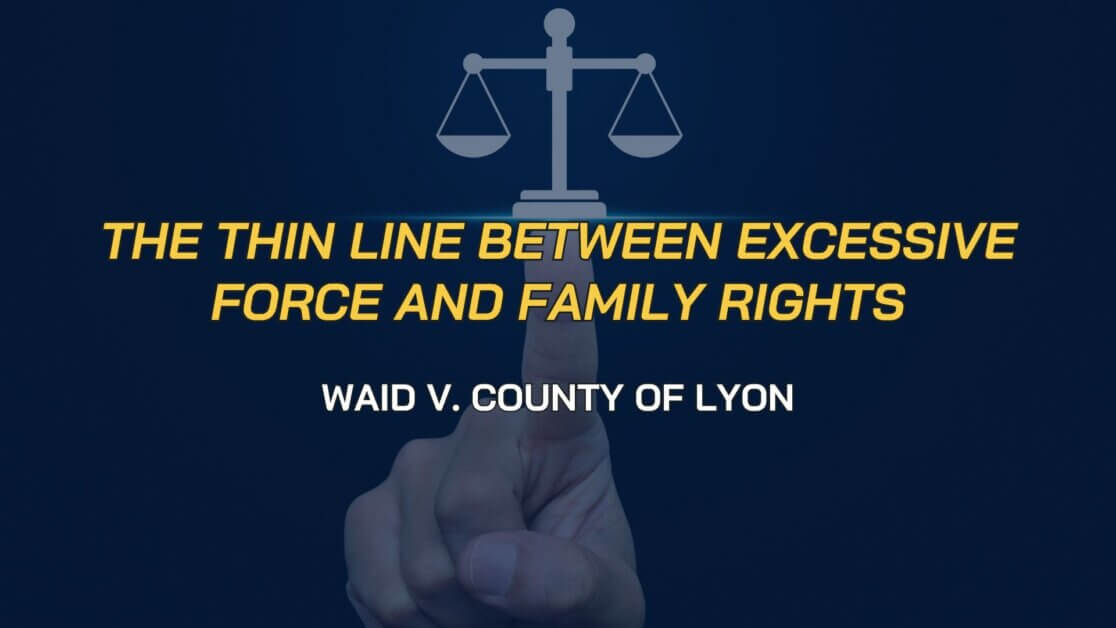Court Upholds Maryland Statute Requiring DNA Samples from Suspects Arrested for Violent Crimes : Maryland v. King
Attorney Karen J. Kruger The United States Supreme Court recently ruled in favor of the State of Maryland in its opinion in Maryland v. King, a case that evaluated the constitutionality of the taking of a DNA sample from a person arrested, but not yet convicted of a serious crime. In the case before the Court, a 53-year-old woman was raped and robbed in […]


